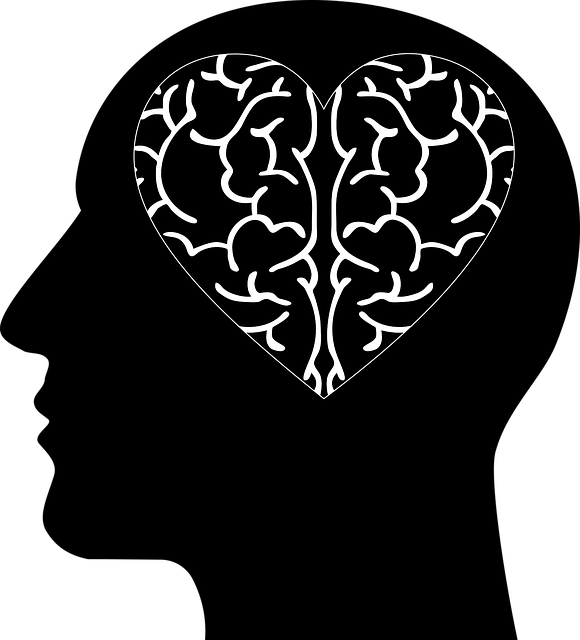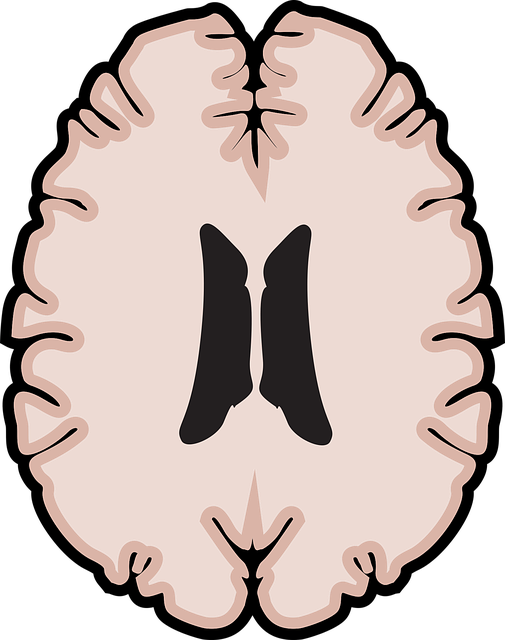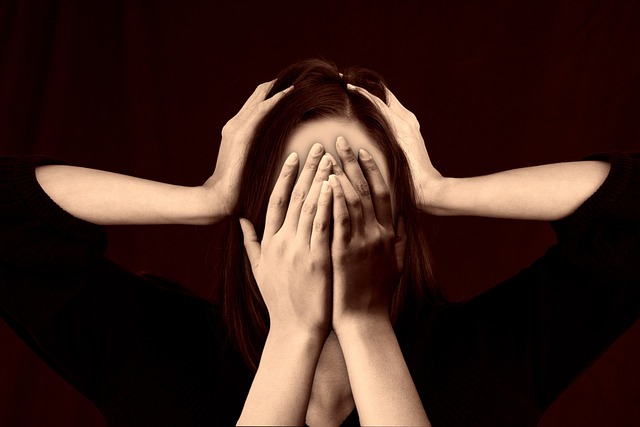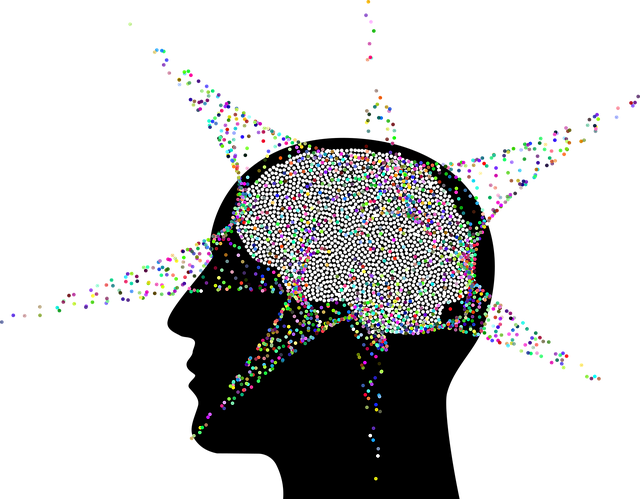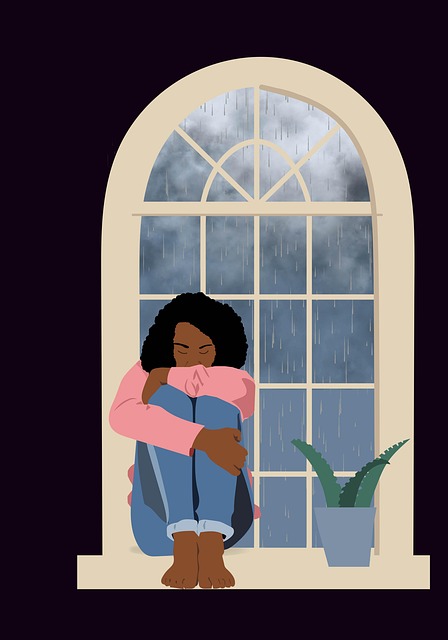Mental healthcare professionals must embrace cultural sensitivity and integrate knowledge of Centennial Spiritual-Religious Issues Therapy to effectively support diverse clients. By understanding and respecting individual beliefs, values, and customs, therapists create a safe space for emotional well-being discussions. This approach fosters stronger client-therapist relationships, improves therapy engagement, and tailors interventions like stress reduction methods and resilience building to align with spiritual or religious teachings, ultimately enhancing mental health outcomes.
Cultural sensitivity is a cornerstone of effective mental healthcare, especially in our increasingly diverse societies. This article explores the intricate relationship between cultural diversity and mental health, focusing on the impact of spiritual-religious beliefs. We navigate the complex landscape of providing culturally competent therapy, addressing historical centennial spiritual-religious issues, and offering practical tips for mental health professionals to create inclusive environments that respect diverse belief systems.
- Understanding Cultural Diversity and Its Impact on Mental Health
- – Defining cultural sensitivity in mental healthcare
- – Exploring the influence of spiritual-religious beliefs on mental health
Understanding Cultural Diversity and Its Impact on Mental Health

In today’s diverse society, mental healthcare professionals must embrace cultural sensitivity to effectively support individuals from various backgrounds. Cultural diversity encompasses a wide range of factors, including spiritual-religious beliefs, ethnic origins, and personal values, all of which can significantly influence an individual’s experience of mental health and their response to therapy. Understanding these nuances is vital for providing culturally competent care that respects and honours clients’ unique identities.
When addressing mental wellness, it’s essential to consider how cultural factors shape expressions of distress and coping mechanisms. For example, individuals from different communities may have distinct perspectives on mental illness, seeking support through various channels like traditional healing practices alongside or instead of Western therapy. By integrating knowledge about Centennial spiritual-religious issues into therapeutic approaches, healthcare providers can offer tailored interventions for stress reduction methods that align with clients’ beliefs, thereby boosting their confidence and fostering a deeper connection during the healing process.
– Defining cultural sensitivity in mental healthcare

Cultural sensitivity in mental healthcare refers to the ability to understand, appreciate, and respect the diverse spiritual-religious beliefs, values, and customs of individuals from different cultural backgrounds. This involves recognizing that mental health experiences and expressions can vary significantly across cultures, and that traditional Western approaches may not always be effective or culturally appropriate. For instance, certain communities may prioritize collective over individual experiences, or have unique understandings of mental illness influenced by spiritual or religious teachings.
In the context of Centennial Spiritual-Religious Issues Therapy, professionals must be adept at integrating these cultural perspectives into therapy sessions, fostering a safe and supportive environment for clients to explore their emotional well-being. This can involve learning about specific communities’ self-care practices, understanding the impact of cultural stressors, and advocating for Mental Health Policy Analysis and Advocacy that reflects diverse needs. By promoting Emotional Well-being Promotion Techniques tailored to individual cultural contexts, therapists can enhance therapeutic outcomes and build stronger connections with clients.
– Exploring the influence of spiritual-religious beliefs on mental health

In today’s diverse society, mental healthcare professionals must navigate complex Centennial Spiritual-Religious Issues to provide effective treatment. Spiritual and religious beliefs deeply influence an individual’s understanding of health, illness, and healing, potentially impacting their willingness to engage in therapy and acceptance of certain treatments. For example, a patient’s faith may offer anxiety relief through prayer or spiritual practices, but it could also create barriers if these aspects are not respected or understood by the therapist.
By incorporating empathy building strategies, therapists can foster strong therapeutic alliances while acknowledging these beliefs. Understanding and respecting religious doctrines and rituals can aid in developing tailored resilience building approaches, enhancing patient engagement and ultimately contributing to positive mental health outcomes. This nuanced approach ensures that therapy is not only culturally sensitive but also responsive to the individual’s unique spiritual landscape.
Cultural sensitivity in mental healthcare is a vital aspect of providing effective therapy, especially when addressing the unique needs of individuals with diverse backgrounds. By recognizing and understanding the influence of cultural and spiritual-religious beliefs on mental health, therapists can create inclusive and supportive environments. Incorporating awareness of Centennial Spiritual-Religious Issues into therapy sessions ensures that every client receives personalized care, fostering better outcomes and bridging the gap between diverse cultures and mental healthcare services.


